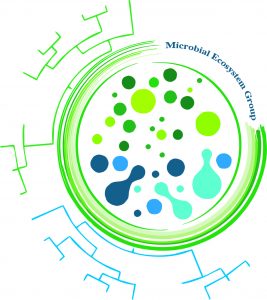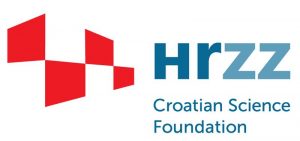About project
The investigation of the Bacteria and Archaea inhabiting geothermal systems has been critical to our understanding of the diversity and history of life on Earth. In recent years, the advent of genome sequencing has opened a window into the genomic potential and metabolic activity of the global microbiome.
The genomes of >300 000 Bacteria and >3000 Archaea have provided key insights into, for example, their evolution and role in biogeochemical cycles, their modes of pathogenesis and antimicrobial resistance and the genetic determinants underlying their biotechnological potential. Therefore, metagenomic datasets derived directly from environmental DNA can provide novel, unprecedented insights into microbial community structure, function and metabolic capacity.
The bioprospecting of enzymes that operate under extreme conditions is of particular interest for many biotechnological and industrial processes. In Croatia, one such environment, geothermal springs, are almost entirely unexplored and represent a potential source of microbial species, novel pathways, and enzymes.
The main objective of the proposal is using highly parallel quantitative SSU rRNA gene sequencing, SSU cDNA amplicon sequencing and reverse-transcription quantitative PCR, as well as metagenomic and metatranscriptomics to analyze the microbial community composition, dynamics, and function, as well as biotechnological perspectives in Croatia’s numerous geothermal springs.
The collaboration and networking with top level European scientist will contribute to the further development quality and competitiveness of microbial ecology research in Croatia. The results of the project will be visible through a stronger future cooperation with biotechnology companies which will have a strong impact on the development of bio-based industries in Croatia.



